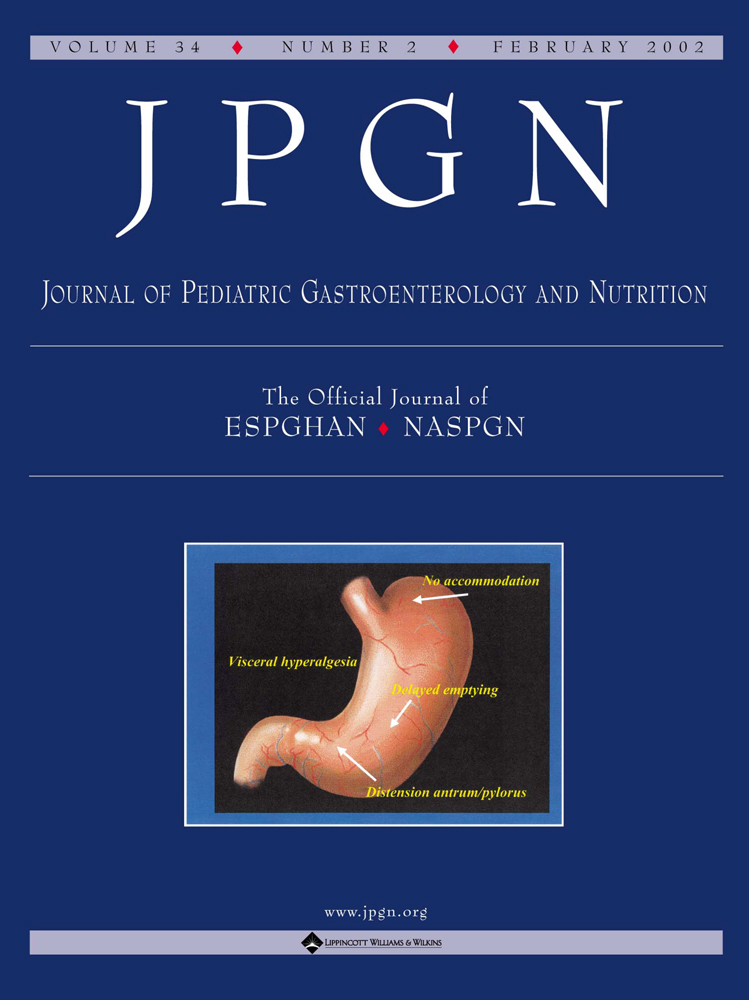Immune Status of Infants Fed Soy-Based Formulas With or Without Added Nucleotides for 1 Year: Part 1: Vaccine Responses, and Morbidity
revised March 8
Supported by grants from the Ross Products Division, Abbott Laboratories, Columbus, OH, U.S.A.
ABSTRACT
Background
Immunologic development of soy-fed infants has not been extensively studied. Early studies of soy flour–based formulas showed decreased immunoglobulin production when soy protein intake was limited. However, there were no significant differences in rotavirus vaccine responses between breast-fed and soy protein isolate–based formula-fed infants. Nucleotides added to milk-based formula benefit infant immune status, but reports of the immunologic effects of adding nucleotides to soy-based formula are not available. This study evaluated immune status and morbidity of infants fed soy protein isolate formulas with and without added nucleotides for 1 year.
Methods
Newborn, term infants enrolled in a masked 12-month feeding trial were assigned randomly to groups fed soy formula with or without added nucleotides (n = 94, n = 92). A nonrandomized human milk/formula cohort (n = 81) was concurrently enrolled. Recommended immunizations were administered at 2, 4, and 6 months. Immune status was determined from antibody responses to Haemophilus influenzae type b, tetanus, diphtheria, and poliovirus vaccines at 6, 7, and 12 months. Parents and physicians reported morbidity data.
Results
All vaccine responses were within normal ranges. No response differences were observed between infants fed soy formula and those fed nucleotide-supplemented soy. However, antibody to H. influenzae type b at 7 and 12 months was higher in infants fed nucleotide-supplemented soy than in infants fed human milk/formula (P = 0.007, P = 0.008, respectively). Human milk/formula-fed infants had higher poliovirus neutralizing antibody at 12 months than did soy-fed infants (P = 0.016). Morbidity analyses showed that only physician-reported diarrhea was different among groups (groups fed human milk/formula had less diarrhea than did soy groups, P = 0.011).
Conclusions
Term infants fed soy protein isolate–based formulas have normal immune development as measured by antibody responses to childhood immunizations.




